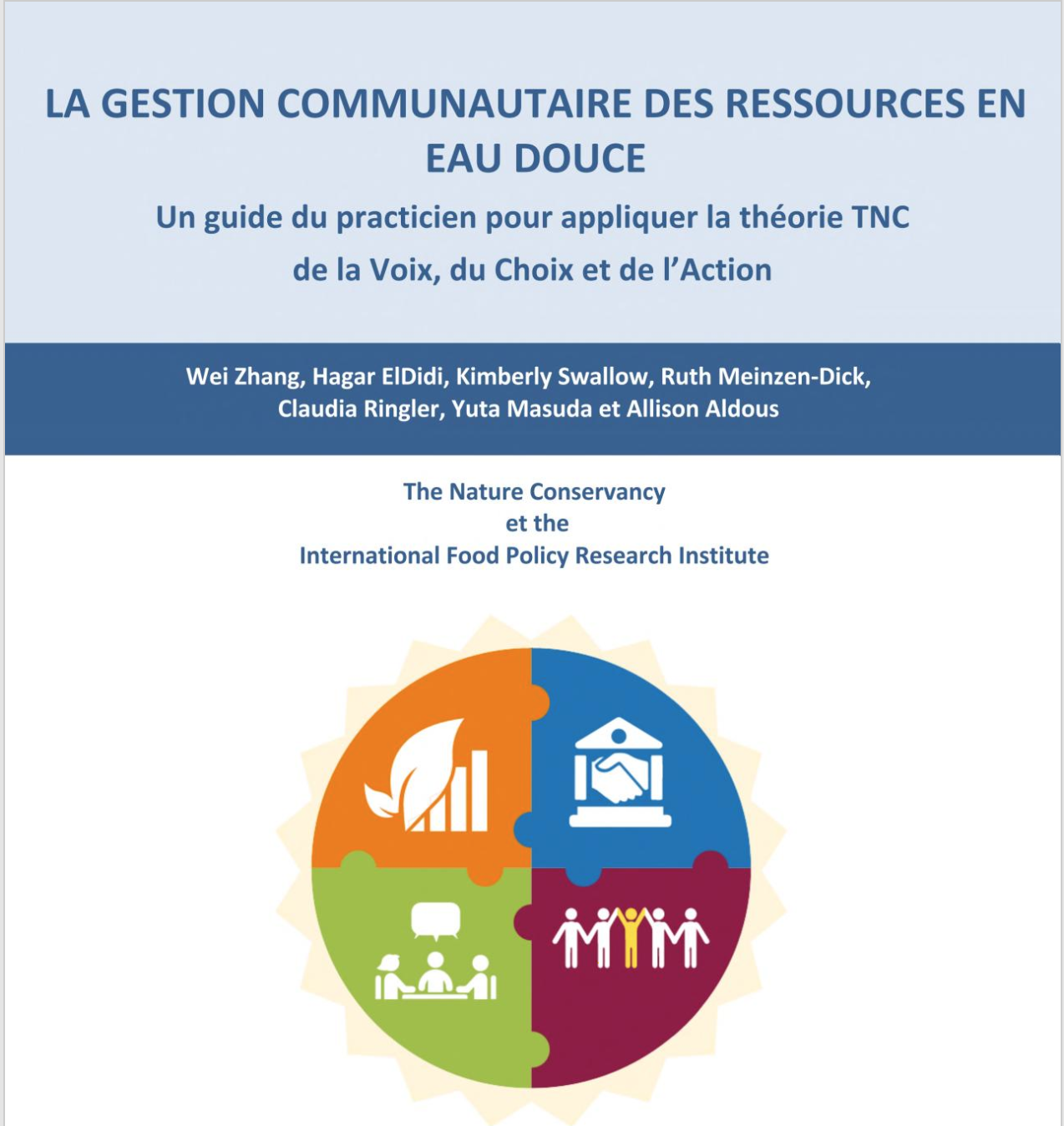Focal point
Location
About IFPRI
The International Food Policy Research Institute (IFPRI) provides research-based policy solutions to sustainably reduce poverty and end hunger and malnutrition in developing countries. Established in 1975, IFPRI currently has more than 500 employees working in over 50 countries. It is a research center of theCGIAR Consortium, a worldwide partnership engaged in agricultural research for development.
Vision and Mission
IFPRI’s vision is a world free of hunger and malnutrition. Its mission is to provide research-based policy solutions that sustainably reduce poverty and end hunger and malnutrition.
What We Do
Research at IFPRI focuses on six strategic areas:
- Ensuring Sustainable Food Production: IFPRI’s research analyzes options for policies, institutions, innovations, and technologies that can advance sustainable food production in a context of resource scarcity, threats to biodiversity, and climate change. READ MORE
- Promoting Healthy Food Systems: IFPRI examines how to improve diet quality and nutrition for the poor, focusing particularly on women and children, and works to create synergies among the three vital components of the food system: agriculture, health, and nutrition. READ MORE
- Improving Markets and Trade: IFPRI’s research focuses on strengthening markets and correcting market failures to enhance the benefits from market participation for small-scale farmers. READ MORE
- Transforming Agriculture: The aim of IFPRI’s research in this area is to improve development strategies to ensure broad-based rural growth and to accelerate the transformation from low-income, rural, agriculture-based economies to high-income, more urbanized, and industrial service-based ones. READ MORE
- Building Resilience: IFPRI’s research explores the causes and impacts of environmental, political, and economic shocks that can affect food security, nutrition, health, and well-being and evaluates interventions designed to enhance resilience at various levels. READ MORE
- Strengthening Institutions and Governance: IFPRI’s research on institutions centers on collective action in management of natural resources and farmer organizations. Its governance-focused research examines the political economy of agricultural policymaking, the degree of state capacity and political will required for achieving economic transformation, and the impacts of different governance arrangements.
Research on gender cuts across all six areas, because understanding the relationships between women and men can illuminate the pathway to sustainable and inclusive economic development.
IFPRI also leads two CGIAR Research Programs (CRPs): Policies, Institutions, and Markets (PIM) andAgriculture for Nutrition and Health (A4NH).
Beyond research, IFPRI’s work includes partnerships, communications, and capacity strengthening. The Institute collaborates with development implementers, public institutions, the private sector, farmers’ organizations, and other partners around the world.
Resources
Displaying 6 - 10 of 1521La gestion communautaire des ressources en eau douce: Un guide du practicien pour appliquer la théorie TNC de la Voix, du Choix et de l’Action
Bien qu’étant une des ressources les plus essentielles pour toute vie sur Terre, l’eau douce ne représente que 3% des ressources d’eau de la planète, et seulement 0,5% de cette eau douce est facilement accessible aux humains. De plus, les ressources d’eau douce (RED) disponibles sont inégalement distribuées à travers le globe, de nombreuses régions et populations faisant face à des problèmes de pénurie et de qualité d’eau.
Economics of land degradation in Niger
Land degradation poses daunting challenges to Niger and the country has designed several policies and strategies for combatting it. Building on work past studies, this study uses new satellite data which have higher resolution and run for longer time – thus capturing the longterm land management dynamics. This study also uses an improved cost of land degradation model which nets out benefits from land improvement as well analysing the impacts of land degradation on food and nutrition security.







